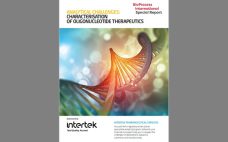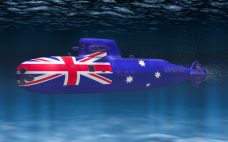Recent approvals of oligonucleotide therapeutics are a clear signal for optimism for this product class. This is supported by the strength of the current pipeline which has over 180 active oligonucleotide clinical programs in various phases of development. Improvements in analytical technology and know-how have played a key role in enabling suitable characterization and quality control strategies to overcome the difficulties associated with testing these complex molecules. Despite the lack of dedicated regulatory guidelines related to characterization or quality control,…
Friday, June 7, 2019 Daily Archives
Pluristem looks to cell cultured cannabinoids
Pluristem Therapeutics has filed a provisional patent application to use its 3D cell culturing technology to manufacture cannabinoid-producing cells. Pluristem has several candidates in its pipeline based on placenta-derived, mesenchymal-like adherent stromal cells, has inked a recent study agreement with NASA, and is working with Thermo Fisher to address the lack of technologies available to cell therapy manufacturers for the cultivation and processing of allogeneic products. Now the Israeli cell therapy firm is looking to use its cell culture platform…
UNSW looks to âsubmarine-likeâ microparticles for drug delivery
Micro-motors developed by the University of New South Wales (UNSW) could respond to variations in biological environments to navigate and attack tumor cells. Findings from the research undertaken at Sydney, Australia-based UNSW have been published in Material Today, under the title âBiocatalytic self-propelled submarine-like metal-organic framework microparticles with pH-triggered buoyancy control for directional vertical motion.â The paper shows evidence of âself-propelled submarine-like microparticlesâ that carry drugs and use changes in the biological environments and pH to navigate to specific areas…



